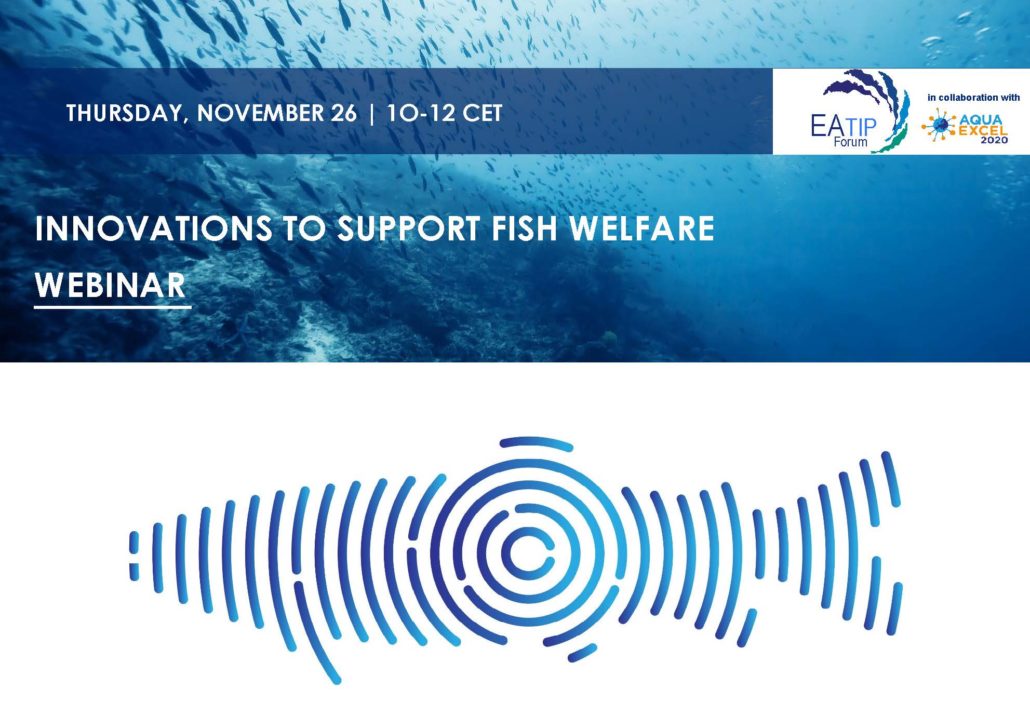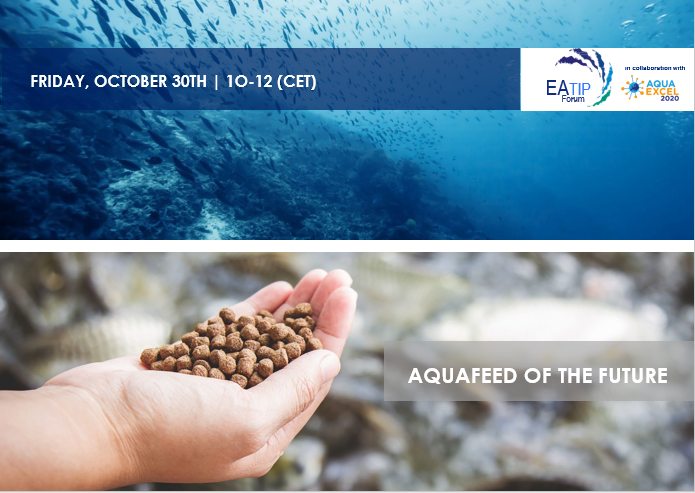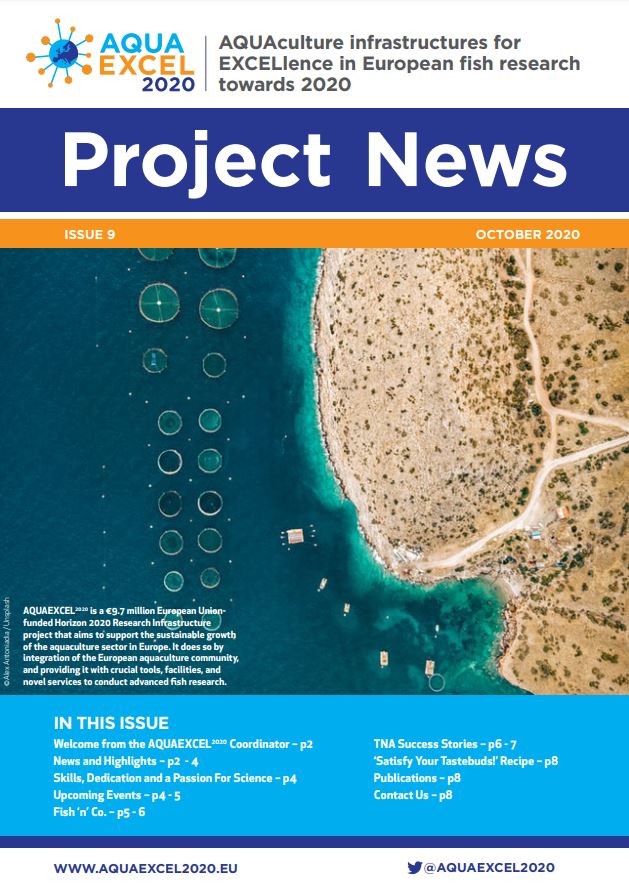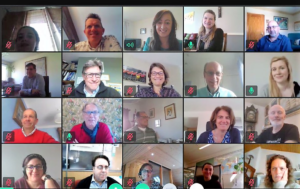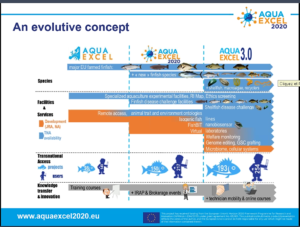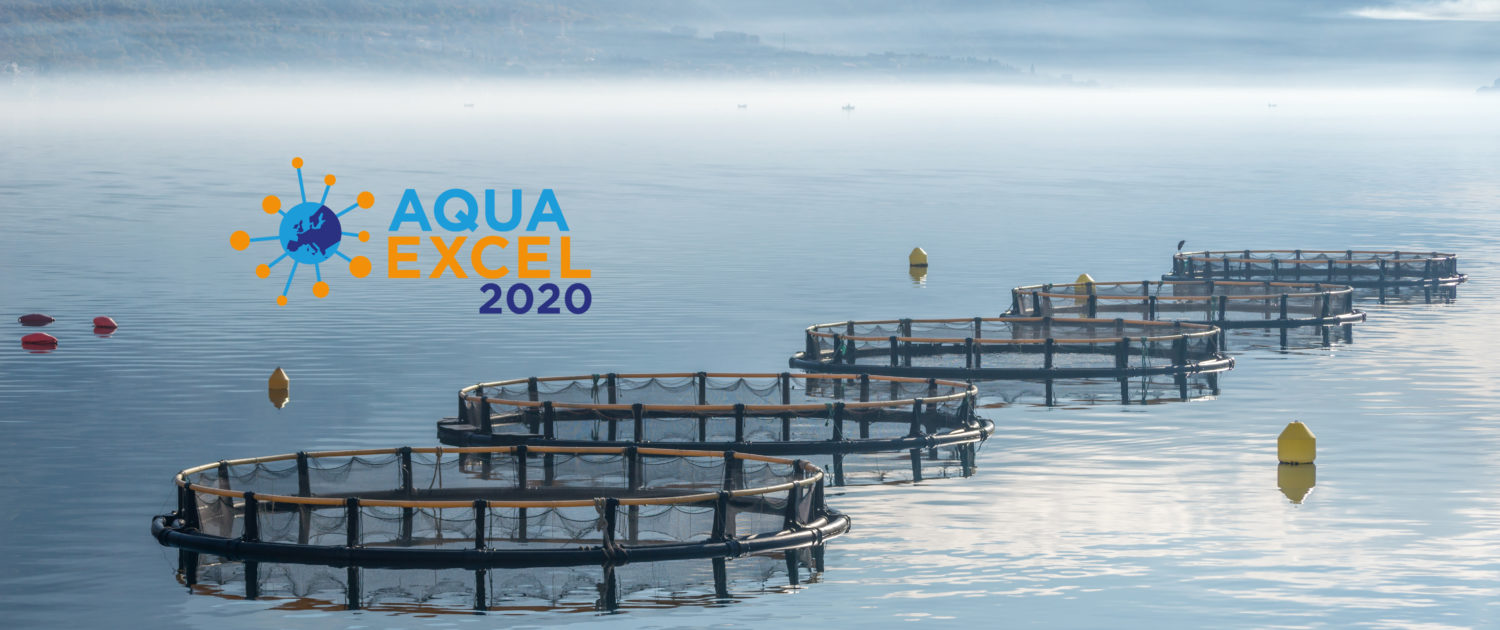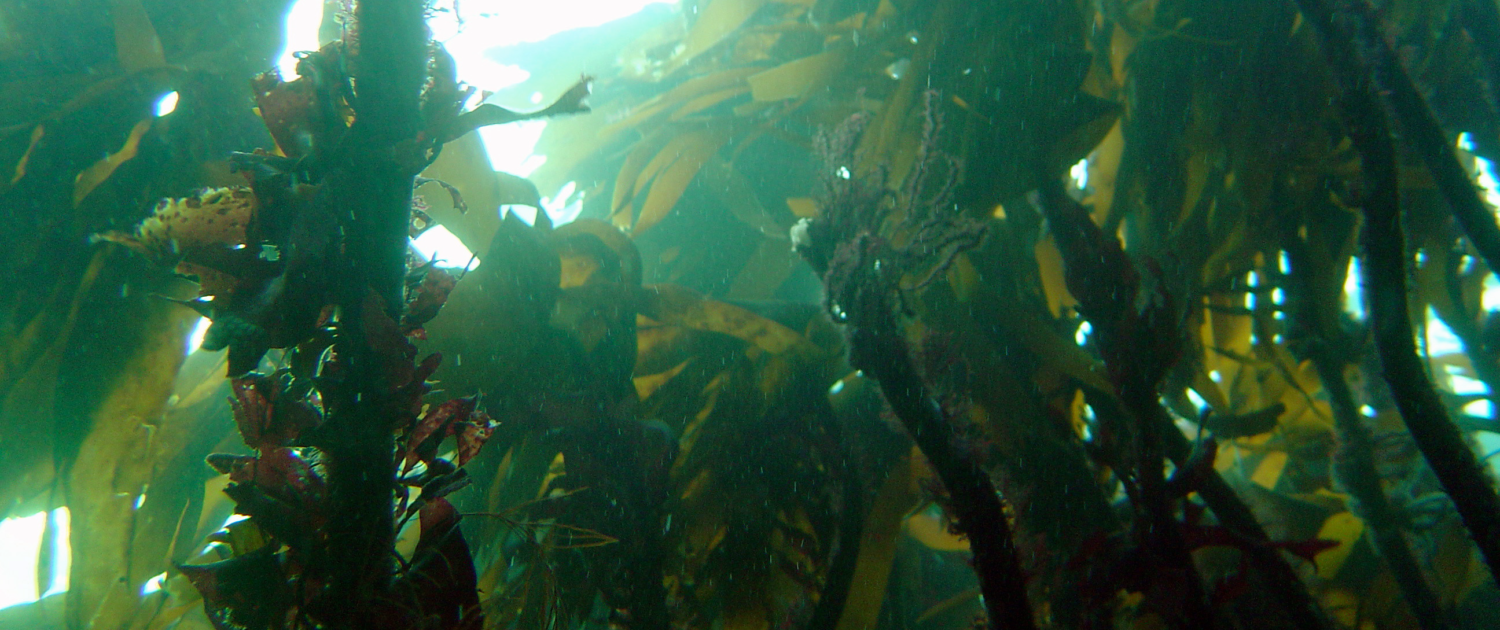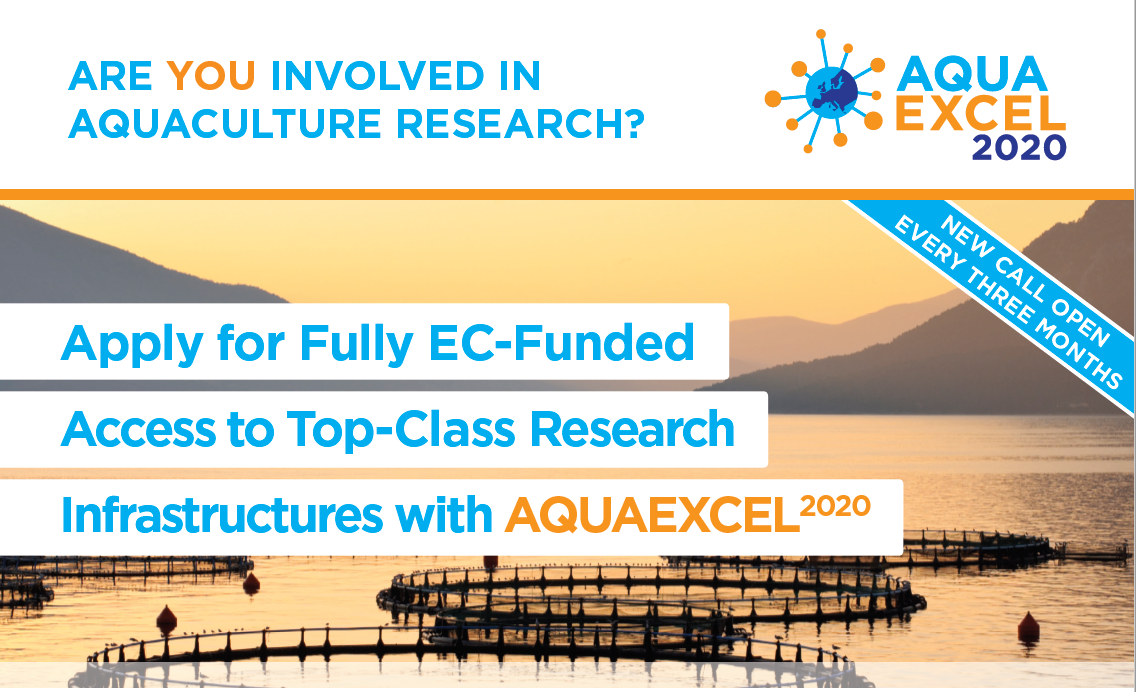
Researchers involved in aquaculture can now apply for full EC-funded access to top-class research facilities, with AQUAEXCEL2020,now that the 16th call for access is open.
The following is retrieved from the AQUAEXCEL2020 website, where you can read the original post.
On a regular basis, the AQUAEXCEL2020 project will invite proposals from European research groups for scientific research that utilises the facilities of any of the participating aquaculture research infrastructures. The AQUAEXCEL2020 project unites major aquaculture experimental facilities with capacity to undertake experimental trials on a selection of commercially important fish aquaculture species and system types. These installations are made available to the research community for Transnational Access (TNA) with the support of the European Union’s Horizon 2020 Research and Innovation Programme. Transnational Access involves a research group in one country collaborating with one or more AQUAEXCEL2020 Infrastructures that are located in a different country to the applicant, and which offer facilities and expertise not available in their own country.
The facilities available cover the entire range of production systems (cage, pond, recirculation, flowthrough, hatchery and disease challenge); environments (freshwater, marine, cold, temperate and warm water); scales (small, medium and industrial scale); fish species (salmonids, cold and warm water marine fish, freshwater fish and artemia); and fields of expertise (nutrition, physiology, health & welfare, genetics, engineering, monitoring & management technologies).
Interested researchers can propose projects that involve visits of one or in some cases two people to the chosen research infrastructure for periods of up to three months. Access to the research infrastructures and associated travel and subsistence expenses will be paid for under the project. The establishment of new transnational collaborations is strongly encouraged, as well as the participation by SMEs.
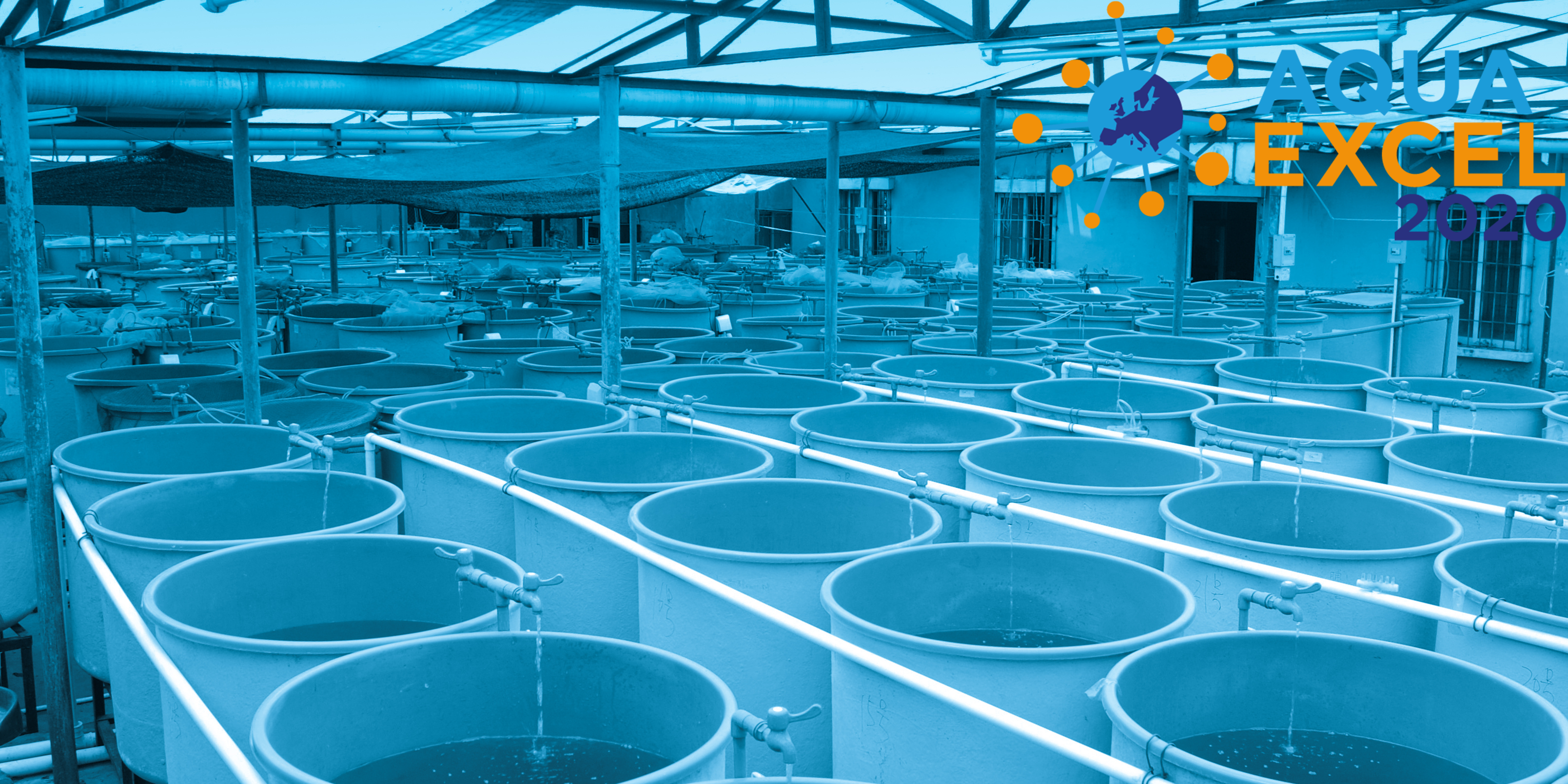
A wide range of different facilities is available for researchers who apply for TNA (transnational access).
Application demands
In considering the exploitation potential, attention will be given to how the work contributes to meeting the objectives of EATiP, as defined in the thematic Strategic Research and Innovation Agenda (“The Vision”) (www.eatip.eu). The EATiP strongly encourages TNA applications related to Social Licence, Precision Farming and Resource Efficiency. However, applicants are also welcome to submit applications outside of these thematic areas.
Application procedure
Information on the facilities offering Transnational access is available at this project website and in the documents below. Applicants are required to contact their preferred partner facility to discuss the project design and costs for the proposed project, before the submission of an application. Applications must be prepared and submitted via the TNA online application system. Each person involved in the application must first create an individual username to access the system. Further guidance on using the system is provided at that website.
This Call for Access is NOW OPEN.
The normal processing time for applications is 3 months, so applications for TNA projects should be made well in advance!
Note: Before using the TNA application system, please add the following e-mail address to the “safe sender list” in your anti-spam or e-mail software to ensure you receive all communications from the system: info@biowes.org
The documents below contain the necessary information related to the 16th Call for Access:
Further details about the scheme and full instructions for preparing and submitting proposals are given in these documents. For further queries regarding the Call for Access please contact John Bostock: j.c.bostock@stir.ac.uk
Do you have a project idea but need help to find the right facility? Please contact the orientation committee of AQUAEXCEL2020 at aquaexcel-OC@inra.fr.
Would you like to suggest expert reviewers (including yourself) for the AQUAEXCEL2020 TNA programme? Please complete this form and return it with nominee CV to John Bostock: j.c.bostock@stir.ac.uk
